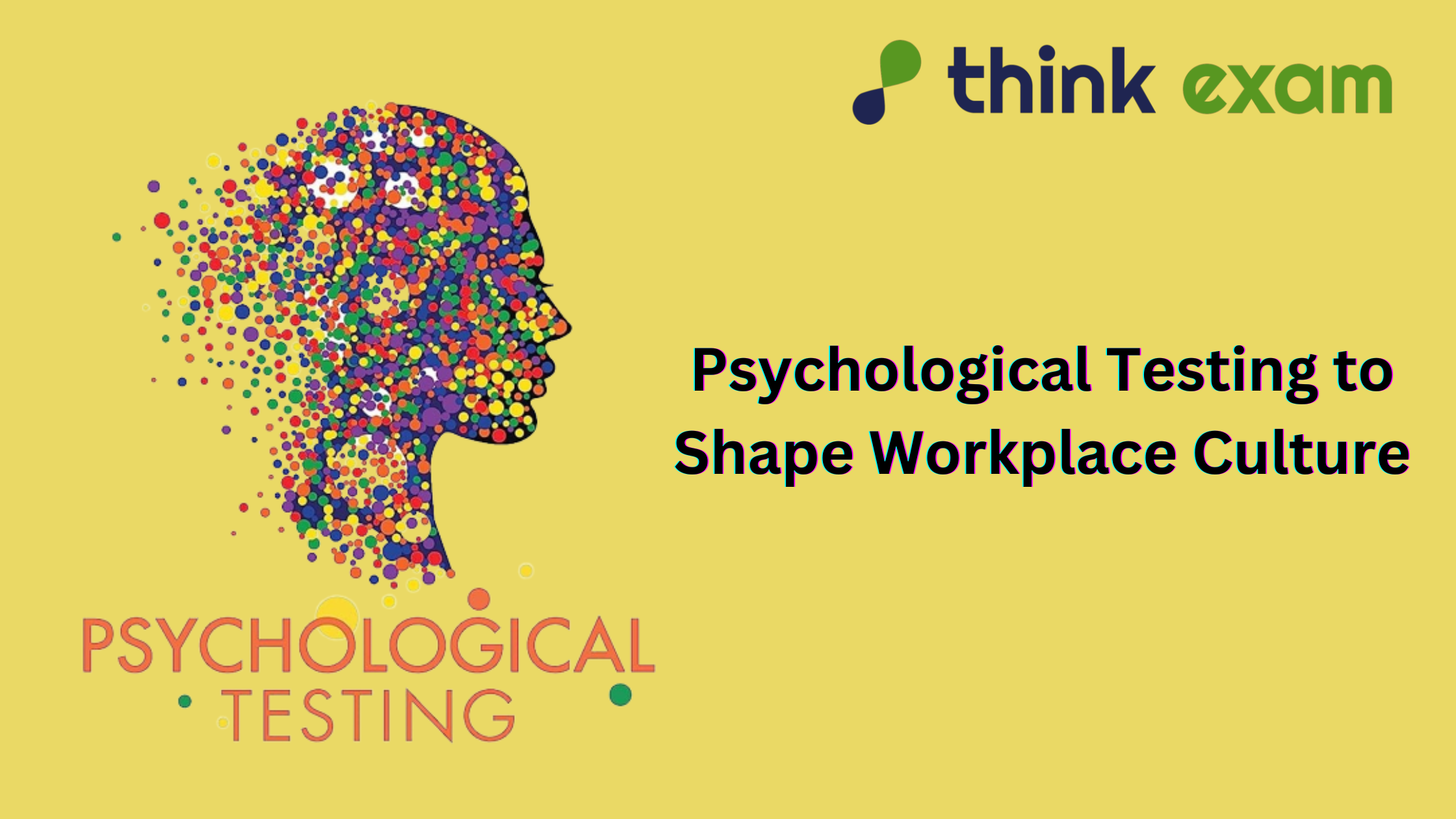In today’s global business landscape, the HR function has undergone significant change and expansion. HR professionals now face the challenge of managing geographically dispersed teams with diverse cultural backgrounds, all while balancing many responsibilities.
By far, the biggest challenge for HR today is the increasing complexity of workforce dynamics. Balancing a diverse, multi-generational workforce with shifting productivity goals and demanding employee requirements requires them to blend HR strategies, trends, and technology creatively.
Keeping workplaces positive, ethical, and growth-oriented can go a long way in easing some of the daily challenges HR teams must manage daily. After all, it’s no surprise that a toxic workplace leads to lower-quality work decreased productivity, and employee dissatisfaction—resulting in higher staff turnover.
Can competency frameworks and psychological testing help keep workplaces healthy and happy?
The rapid advancement of technology and automation has disrupted traditional work processes and job roles. Moreover, multi-generational workforces and increasing marketplace competition present us with situations ripe for misunderstandings and interpersonal problems.
Recently, a senior executive of a leading bank was caught on camera dressing down his sales team with an angry tirade. While such angry confrontations might not be a daily occurrence, passive-aggressive tactics, taking credit for team/colleague’s work, overworking juniors, power jostling, etc., are common behaviors witnessed in toxic workplaces. Even though HR has many tools in its arsenal to keep things on an even kneel, competency frameworks and personality assessments can be two tools that give them a data and insight-driven approach to reach the right decision with confidence.
Let’s take a scenario where a senior leader is known to fly off the handle and become verbally aggressive; using a mix of assessments such as Stress Management Profiler and Leadership Insights with Personality Tests would help HR identify gaps in EQ and skills and offer remedial counseling or training. They could step in to reduce the workload or organize a team offsite to shift situations to reflect better interpersonal and professional outcomes.
On the other hand, low-performing teams also need to be probed to find performance gaps; after all, when senior leaders lose their tempers, it is likely driven by a problem in productivity. Conducting on-job evaluations, role-specific tests such as sales profiler assessment, and similar activities can immediately point out the problem areas, giving HR and team leaders options to work out solutions to empower the entire team.
When considering the promotion of managers and senior executives to new roles, HR practitioners can back their decisions with the data and insights garnered by integrating a multi-faceted approach to evaluation. In addition to conducting a skill gap analysis, assessments such as work value inventory and skills of integrity can be instrumental in identifying the most suitable candidate for the position. Rather than solely relying on technical proficiency, a combination of assessments can ensure that the chosen individual is not only highly skilled but also possesses the necessary traits and abilities to handle the new responsibilities associated with the role effectively.
Parting thoughts
Using psychometric evaluations and competency frameworks, HR practitioners can analyze and identify areas where emotional intelligence and skills may be lacking and leverage this insight and data to design interventions to improve performance. Nipping problems in the bud will ultimately lead to a healthier workplace environment and stronger organizational ethics.
However, in our experience, execution is key to getting the best from these assessments. Work with Think Exam’s experts and psychometricians to design your evaluation programme and leverage our expertise to strengthen your assessment strategy. Get in touch to build a customized plan for your business.








